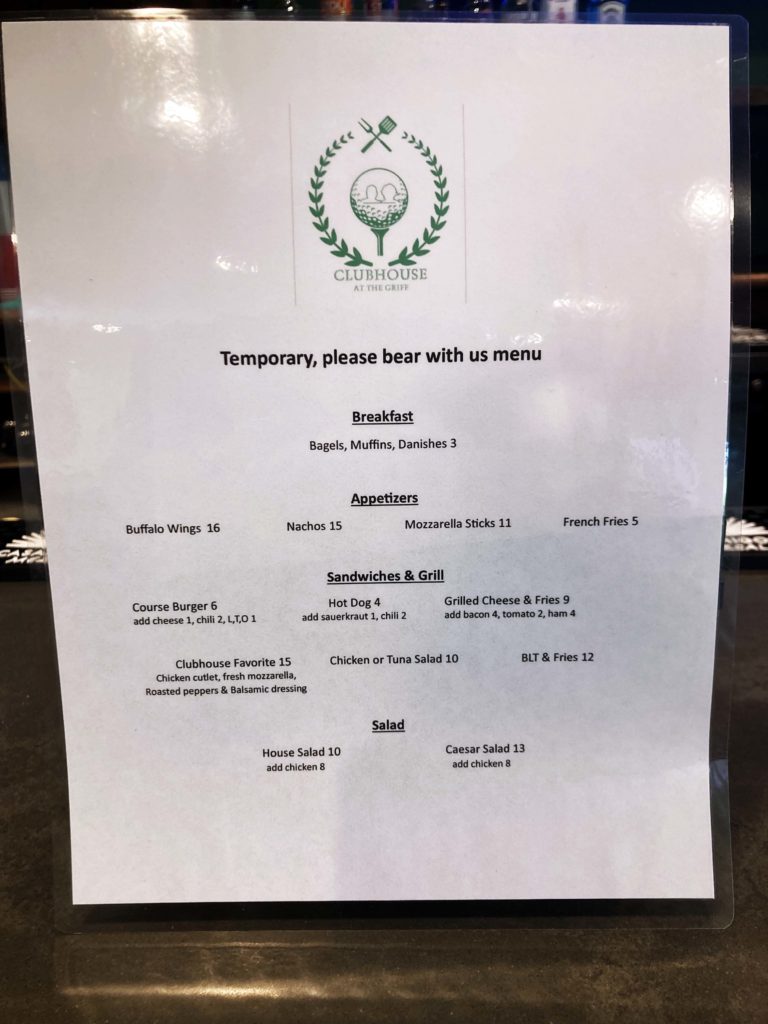
 By Patricia Chadwick
By Patricia Chadwick
It was June 1989 when the movie, “Honey, I Shrunk the Kids” came out. I gagged at the title – not because the idea of shrinking the kids was abhorrent; it sounded rather whimsical. But because of the title’s egregious grammatical error.
“It has to be a mistake,” I thought to myself, as I stared at the full-page ad in the New York Times. How can it be that no one at Walt Disney Pictures – not an editor, or a script writer or a title analyst (if that’s the designation for the person whose sole responsibility is to guarantee that titles are error free) or even the one hundred and one producers that always crowd the credits – had caught this grand faux pas. Didn’t anyone in the battalion of employees working at Disney know the present, past and past participle verb forms: shrink, shrank, shrunk? Swim, swam, swum? Drink, drank, drunk? The title had to be either “Honey, I SHRANK the Kids” or “Honey, I’VE SHRUNK the Kids.
I read every review of the movie, in the hope that one – just one, maybe – might point out the affront to the mother tongue. But not a peep of disapproval, not a word of opprobrium was forthcoming. My only recourse was an act of rebellion: boycott the movie. But that was hardly of consequence – “Honey I Shrunk the Kids,” with an $18 million production budget, generated $222.7 million at the box office. At the average ticket price of about $4 back in 1989, a total of 55,576,000 parents and children saw the movie and were reinforced in their abuse of the English language. The population of the United States at that time was 246 million. Admittedly, the box office receipts most likely included other English-speaking countries, but it’s probably fair to say that close to 25 percent of the movie-going population in this country saw that movie, memorized its title and lost perspective on the difference between the past and the past participle. Was this a signal of the decline of culture?
I felt like a lone warrior, except for a small band of grammarphiles that included my three sisters and my brother. Until, that is, I made my annual pilgrimage to my childhood school a few weeks later and sat quietly with Sister Ann Mary, who by then was in her early seventies. She had been the principal of our tiny school and had overseen every element of what was a traditional classical education. Within the classroom, her pedagogical skills were legendary – from first grade through twelfth, she was adept and comfortable with every subject. But as a grammar teacher she was peerless, providing my most enduring and enjoyable memories of her.
From fifth grade through eighth, English grammar was a required subject for every student. And Sister Ann Mary took it upon herself to teach it, bringing what might have been a desultory subject to life by incorporating elements of diction, pacing, poise and public speaking between exercises in diagramming and parsing sentences.
So here we were, some twenty-five years later in the summer of 1989, filling each other in on the happenings of the prior year. That’s when, seemingly out of the blue, she said, “Have you seen that new movie, “Honey, I Shrunk the Kids?” The look of dismay on her face and the controlled exasperation in her voice said it all – she was not happy. It took only an instant for me to surmised why. “No,” I exclaimed! “With a title like that? Never!” She smiled and patted my hand and in her impeccable diction she said, “Good for you, dear.
Had the grammatical heresy been more obvious as an attempt at comic relief, perhaps our sensibilities would not have been so insulted. A case in point was the documentary “Roger and Me” that came out at the same time as “Honey, I Shrunk the Kids.” The subject of the film by the upstart film maker, and satirist, Michael Moore, was serious – the shutdown of a General Motors plant in Flint, Michigan and his pursuit of an interview with the company’s Chairman, Roger Smith. The title was, or so it appeared to me, a deliberate attempt at grammatical shock – just what one might have expected from a flame thrower like Michael Moore. I have to assume that Sister Ann Mary was unaware of the film, and that was good, because she would not have been amused.
But I’ll leave the subject of the use of the pronouns – I and me – for a future column on the matter of grammar.
Patricia Chadwick is a businesswoman and an author. Her recently published memoir, Little Sister, the story of her unusual childhood growing up in a cult, is now available in paperback. She is currently working on her second book, Breaking Glass, about her “growing up” on Wall Street. www.patriciachadwick.com




